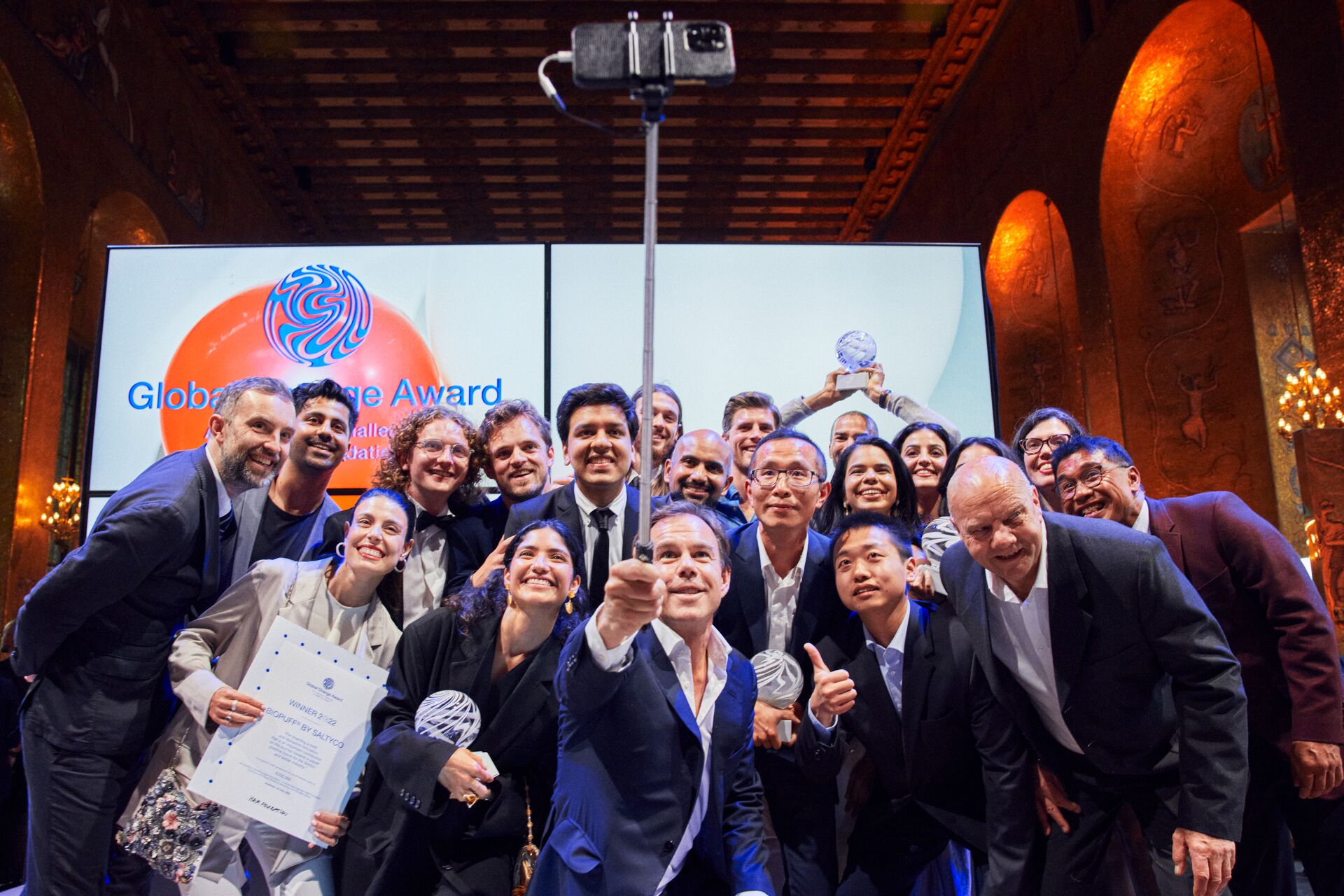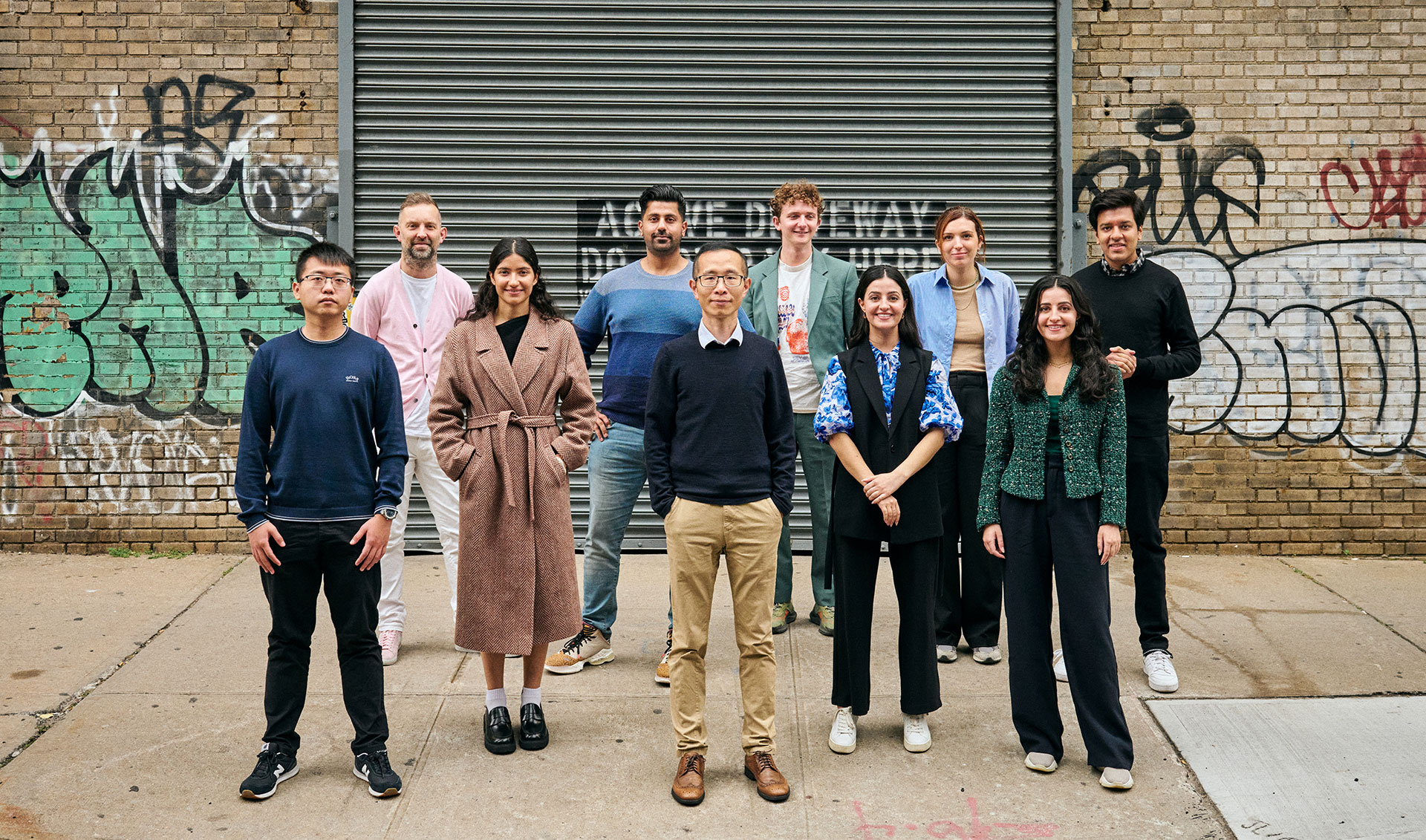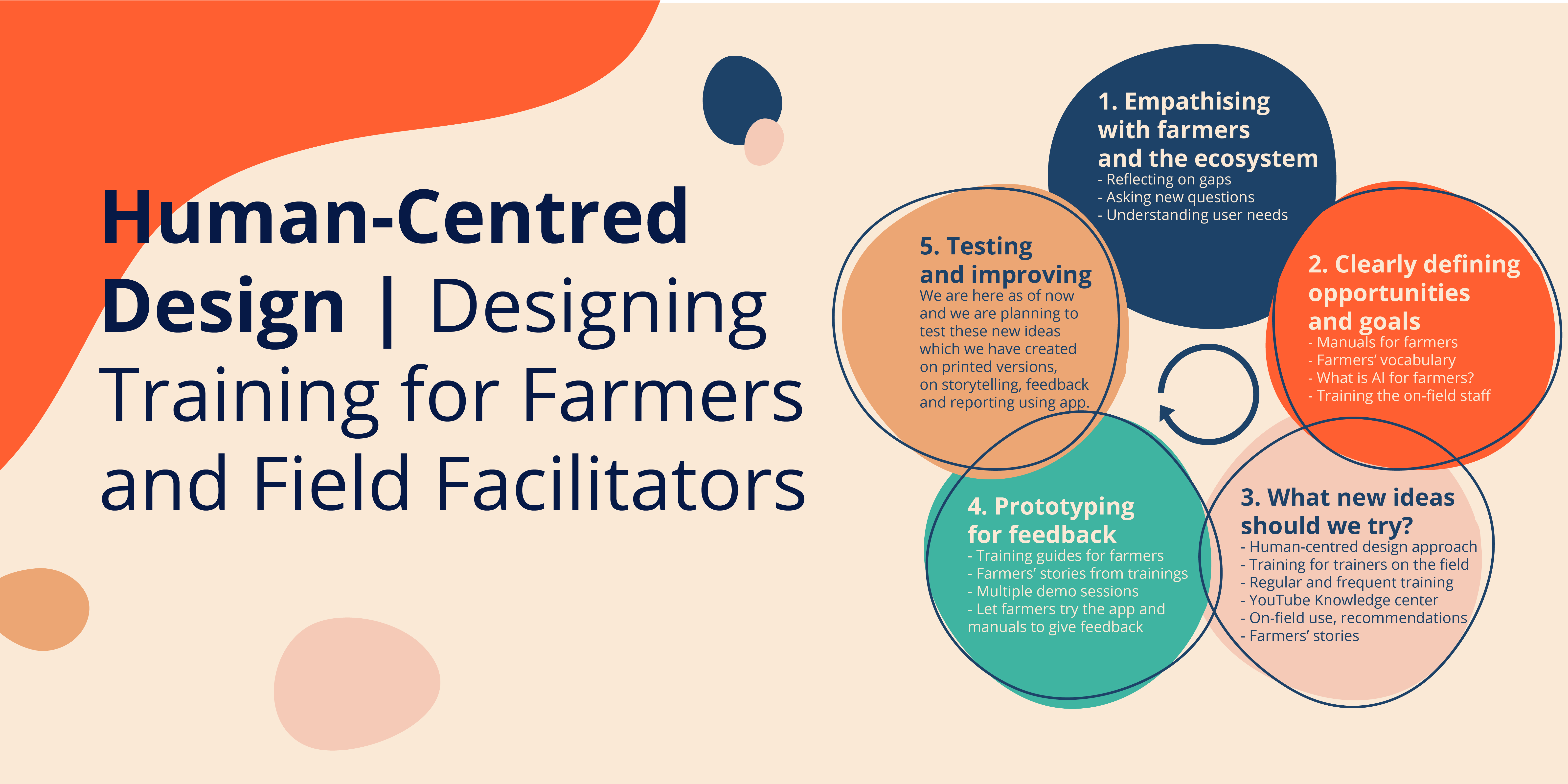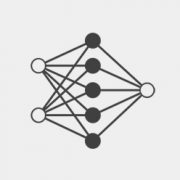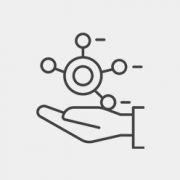India’s cotton farmers are, unfortunately, extremely familiar with the pink bollworm (PBW). One of the most destructive pests attacking cotton crops—its primary host—across the country, in 2017-18, an increase in farmer suicides was attributed to heavy crop loss caused by PBW. Though there are crop protection measures that farmers can adopt, the overutilisation of pesticides for cotton crops has proven to be expensive, dangerous to farmer health, and disastrous for soil and water environments in the long run.
In 2018, we asked ourselves how we can provide timely and accurate infestation advisories to farmers so that an optimum quantity of pesticide is used, and their crops and livelihoods are protected. Four years later, our AI-powered pest management solution, CottonAce, was announced as one of the five winners of the H&M Foundation’s Global Change Award (GCA) in 2022.
CottonAce is an early warning and decision support system that equips cotton farmers with the knowledge of an agricultural expert, delivered directly on their smartphones. The solution aims to address the catastrophic impact of pest attacks on farmer livelihoods in some of the highest cotton-producing states in India.
Four members representing the CottonAce team at Wadhwani AI—Aayushi Bhotica, Jerome White, Aditya Nayan, and Janak Shah—attended the GCA Impact Accelerator program from 13–17 June in Stockholm, organised by the H&M Foundation and GCA partners such as the KTH Royal Institute of Technology, Accenture, and The Mills Fabrica.
The five-day program was planned to allow for an exchange of ideas and knowledge; the team had the opportunity to demonstrate our AI solution to stakeholders in the fashion industry, and were also invited to listen to industry experts, business leaders, and members of the GCA alumni on themes such as innovation readiness, impact leadership, and media training.

Day 1: Introductions and readiness training
On the first day, the Wadhwani AI team had an opportunity to explore the KTH campus and gained an understanding of the KTH Innovation Readiness Level, a framework developed by the institution for taking an idea to market, through a session conducted by Donnie Sc Lygonis, Innovation Strategist and Business Coach at KTH Innovation.
Day 2: Media training and pitch practice
GCA mentors helped the team to refine their pitch and offered tips on addressing the media, across formats. The pitch training was spearheaded by Donnie Sc Lygonis and the media training was conducted by David Callahan, international Public Information Officer (PIO) and social media content producer at the KTH Royal Institute of Technology. The team was given the opportunity to carry out mock interviews and deliver their respective pitches using professional media equipment available at KTH.
Day 3: Structured reflection
Laila Pawlak, cofounder and CEO of SingularityU Nordic, elaborated on her “Fundamental 4s.” The exercise was designed to understand the ways in which people can be, do, look, and feel better to drive personal and team growth. She also walked the team through the LEGO Serious Play method. The activity uses LEGO bricks to assist participants in structuring their strategic and creative thoughts with higher precision.
Additionally, there was a talk from Edwin Keh, CEO of the Hong Kong Research Institute of Textiles and Apparel.
Day 4: Network exposure and awards
In the morning, the Wadhwani AI team had the opportunity to present the CottonAce project to H&M executives, and discuss potential areas of collaboration with them.
The Foundation invited guests from the H&M Group, Accenture, and fashion VCs, among others, to an afternoon demo session. In attendance were the present and past winners of the Global Change Award, including our team. Winners were provided booths where guests could get hands-on experience with the various innovations on display.
In the evening, the team got an opportunity to interact with Melanie Hackler, Director at iCollect, Alexandra Frid Razola, Head of Circular Business Model Incubation at H&M Group, and Linda Leopold, head of Responsible AI and Data for the H&M Group, at the awards ceremony.
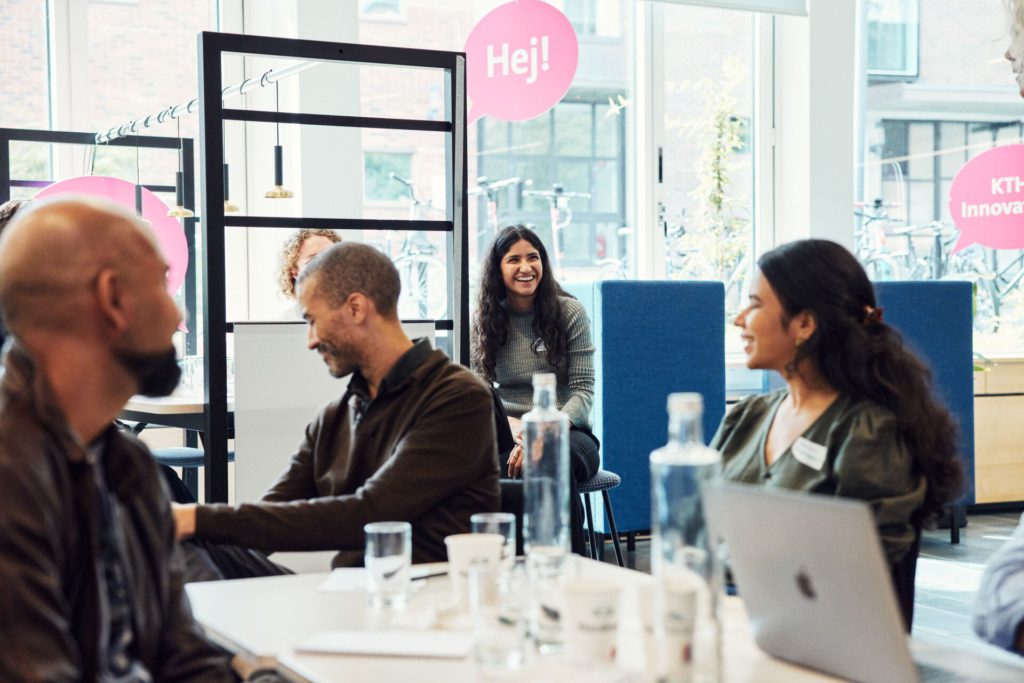
Day 5: Reflection and conclusions
On the final day of the accelerator program, the Wadhwani AI team spent the morning at the H&M store at the city centre. Later in the day, at the Accenture office, they attended a constructive and fruitful discussion led by award winners, in which participants shared their experiences with fundraising.
Some thoughts and ideas the team took away from that discussion include:
1. Cultivating a synergy with the fashion world
There is huge potential to leverage the fashion industry to drive change. Leaders in the fashion industry are interested in sustainably produced cotton as it keeps their brands relevant to their customer base.
2. Human beings make decisions emotionally
Products need to focus on connecting with the user emotionally. Even if one tries to provide rational reasons to use the product, if the user does not connect with it emotionally, they will not use it. Therefore, it is imperative to invest in features that may not always make sense with regard to AI, but will help users adopt the product.
3. In-person workshops/sprints
In order to understand perspectives better, it is important to have interactive sessions where team members can bounce ideas. In-person workshops can be conducted where external stakeholders can participate and help the team reflect on decisions. This will be instrumental in creating agile teams.
We are eagerly looking forward to attending the second GCA accelerator program in New York City, coming up in October 2022.


